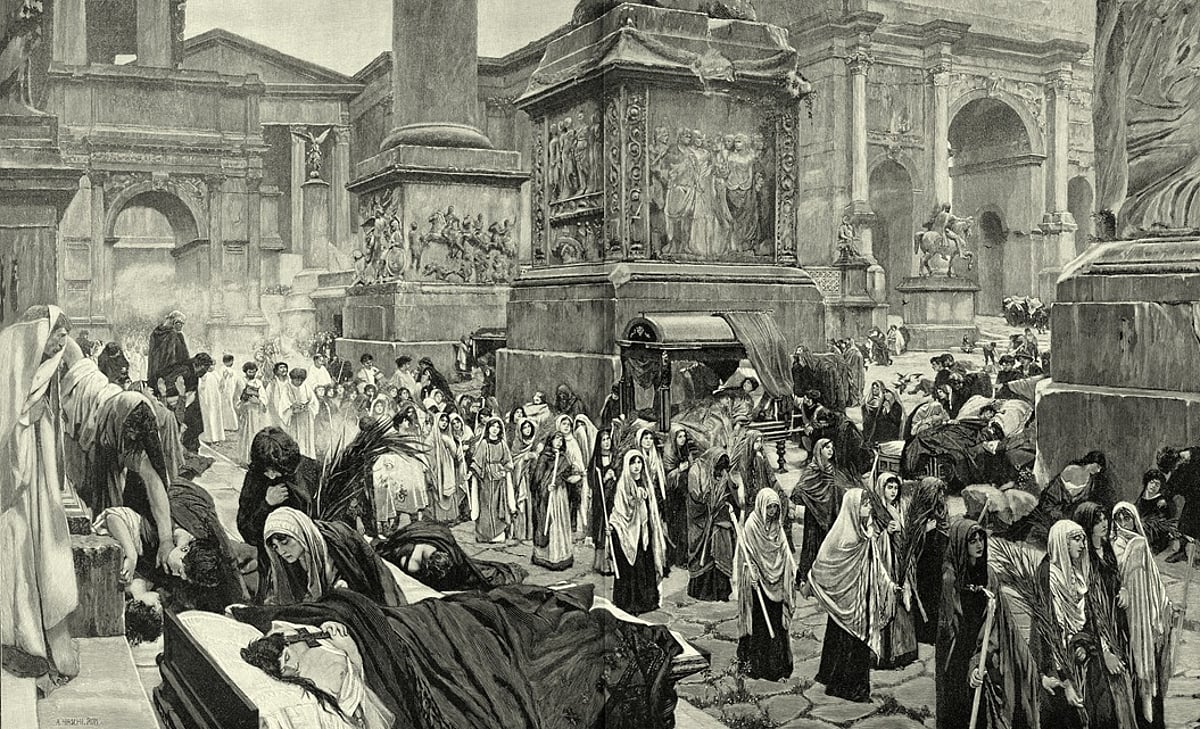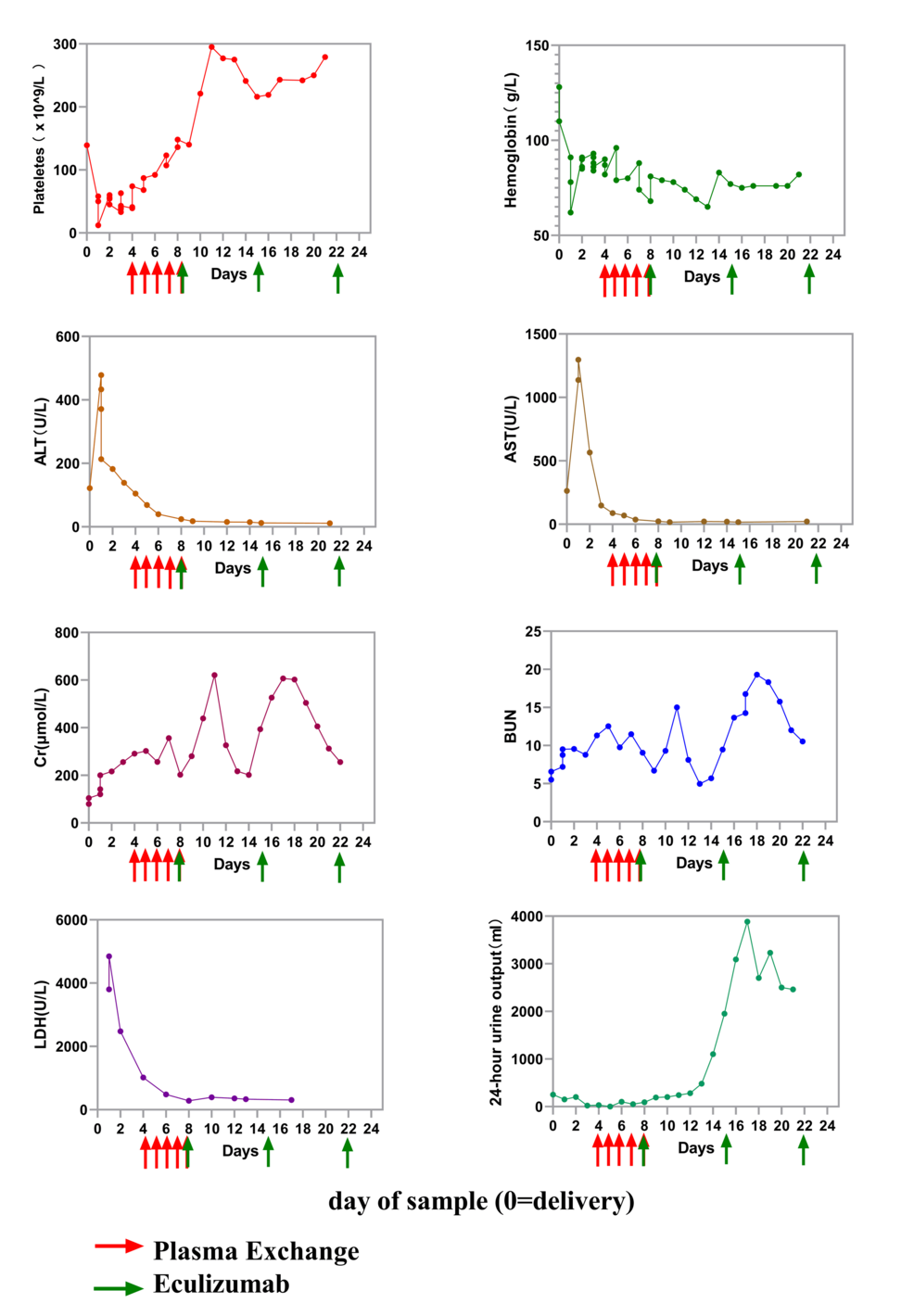Shocking Rabbit Horns: Are These Bizarre Growths a Sign of a Hidden Epidemic?

What if I told you that there are wild rabbits in Colorado sporting strange horn-like growths on their heads? Sounds like something out of a sci-fi horror movie, right? Well, brace yourself—this peculiar phenomenon has left many folks on social media scratching their heads, and it's spreading beyond just Colorado!
These alarming growths are linked to the Shope papilloma virus, which, despite its freakish appearance, poses no threat to humans or other animals. Recent reports of these horned rabbits have also emerged from places like Minnesota and Nebraska, suggesting that this isn't just a localized issue. Instead, it’s a growing trend that raises eyebrows and curiosity alike.
The Shope papilloma virus, discovered way back in 1933 by scientist Richard Shope, is primarily transmitted through the bites of mosquitoes, ticks, and fleas. So, while it may sound terrifying, it’s not new; it’s simply re-emerged in the warmer months, leading to a surge in sightings. Just imagine—it's like a viral trend that's gone wild!
According to veterinarian Laurie Hess, who spoke with Jackson Walker at Cowboy State Daily, these horn-like growths, known as papillomas, are generally benign. “These rabbits look freakish, but usually, these growths are benign things, sometimes they will kind of fall off and go away,” she explains. However, it's essential to note that while they’re mostly harmless, they can occasionally develop into cancerous growths in domestic rabbits.
These wart-like protrusions made of keratin—a protein found in human hair and nails—might look alarming, but they often don’t pose any serious health risks if they don't interfere with the animal’s senses. However, if the growths are located near the eyes or mouth, they can lead to significant problems, such as making it difficult for the rabbits to eat, which could potentially be life-threatening.
The study of the Shope papilloma virus not only highlights the bizarre growths on these wild rabbits but also underscores the intricate relationship between viruses and cancer. Research into this virus has played a pivotal role in the development of the HPV vaccine, which has been a game-changer in reducing cervical and oral cancer rates in humans.
























